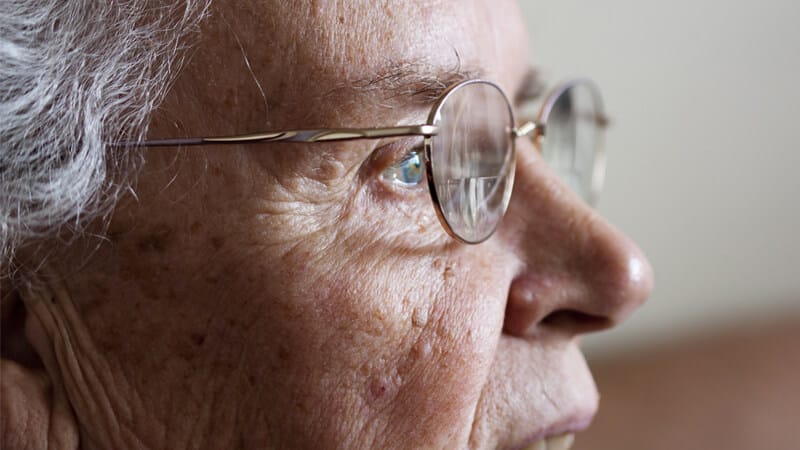Campaigners in Scotland and New Zealand are speaking out amid pressure to legalise assisted suicide in their countries.
Their comments came ahead of the UK Court of Appeal rejecting an attempt to change the law on the issue.
The campaigners say that improving end-of-life care involves investing in palliative care, rather than legalising physician-assisted suicide.
’Duty to die’
Yesterday in London, senior judges said the existing law achieves a fair balance between the interests of the wider community and the interests of people like Noel Conway, who brought a case calling for change.
With the Scottish Government under pressure to change the law, CARE for Scotland has said legalisation would “radically undermine” the country’s tradition of caring for the vulnerable.
Spokesman James Mildred said that “when people are made aware of the powerful arguments against legalising assisted suicide, support for such a law dramatically breaks down.”
“Lack of proper safeguards has always been a big issue and we don’t want to be creating a culture here in Scotland where vulnerable people feel they have a duty to die”, he added.
Vulnerable
“We have a proud tradition and culture in Scotland of caring for the vulnerable and helping people to live but introducing any form of assisted suicide would radically undermine that.”
In New Zealand, Wendi Wicks, Convener of Not Dead Yet Aotearoa, said a Bill to legalise assisted suicide in her country was “absolutely” about disability.
She said: “I don’t want your pity. I want your protection. I demand your protection for disabled people’s right to live in the absence of choice of the privileged.
“And let’s be very very clear that there can be no protection, there can be no “safeguards”, in a bill that starts with the implicit proposition that it is better to be dead than disabled.”
Inequality
In Canada, the number of cases of assisted suicide and euthanasia has rocketed, with 1,525 cases reported in the last six months of 2017 – an increase of nearly 30 per cent on the previous six months.
Doctors in Quebec, where voluntary euthanasia has been legal for over two years, are now voicing their concerns that patients are being forced into choosing to die due to a lack of palliative care.
Theresa Dellar, director of a palliative care group, says there is an inequality of choice, with assisted suicide available to 100 per cent of the population, while palliative care is available to only 30 per cent.



